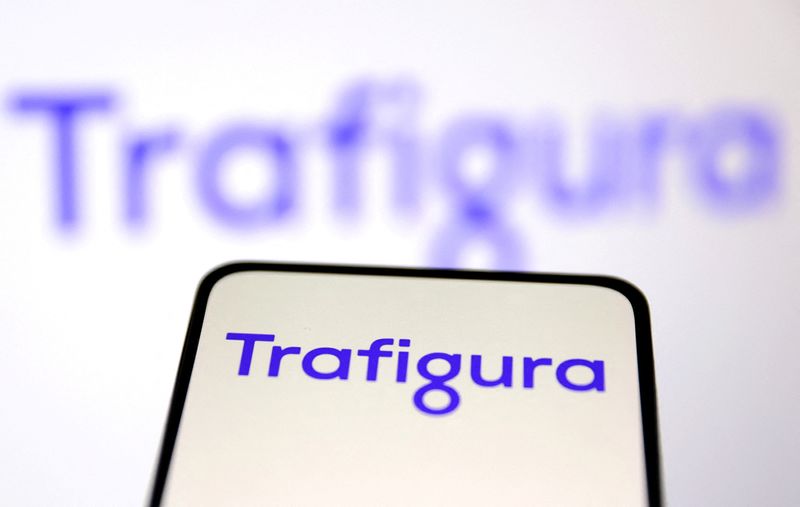By Natalie Grover
(Reuters) -Global commodity trader Trafigura has agreed to buy more of UK-based biodiesel firm Greenergy, boosting its position in renewable energy after unveiling plans to acquire the firm's European business roughly two months ago.
Major commodities traders are still trying to figure out where to invest their record earnings from the last few years.
With no clear winner or money-maker in the renewables race, they are spreading their investments across a plethora of technologies - from hydrogen and ammonia to geothermal, biomethane and solar - to get their foot in the door of whichever takes off.
Trafigura on Wednesday expanded its deal with Brookfield Asset Management (TSX:BAM) and its listed affiliate Brookfield Business Partners to buy Greenergy's Canadian business for an undisclosed sum.
Greenergy, which has manufacturing plants in the UK and the Netherlands, entered the Canadian market in 2013 and offers a variety of road fuels including higher percentage biodiesel blends from its rail-fed terminals in Ontario and British Columbia.
Trafigura in 2019 established an internal fund to invest in alternative and renewable energy technologies.
Like its peers, the trading house cashed in on price spikes in global commodity and energy markets in 2022 after western powers imposed sweeping sanctions on Russia over its invasion of Ukraine. They are estimated to be collectively sitting on billions of dollars in profit even after paying out record dividends.
However, commodity traders already control large areas of global oil, gas and power markets, and have found it difficult to grow, while poor returns in recent years on wind, solar and hydrogen have irked some investors.
Still, production of renewable fuels is rising as refiners look for ways to offset carbon emissions, while trading shops are also looking to boost efforts to reduce their carbon footprint.

Although the production and consumption of carbon-heavy commodities is expected to drop in the coming decades, trading gross margins from low-carbon segments is expected to double by 2030 and further increase two-to-threefold to an average of $60 to $70 billion by mid-century, according to consultancy firm Oliver Wyman.
Low-carbon commodities will likely "eventually compensate for the inescapable decline of fossil commodities," the analysts added.